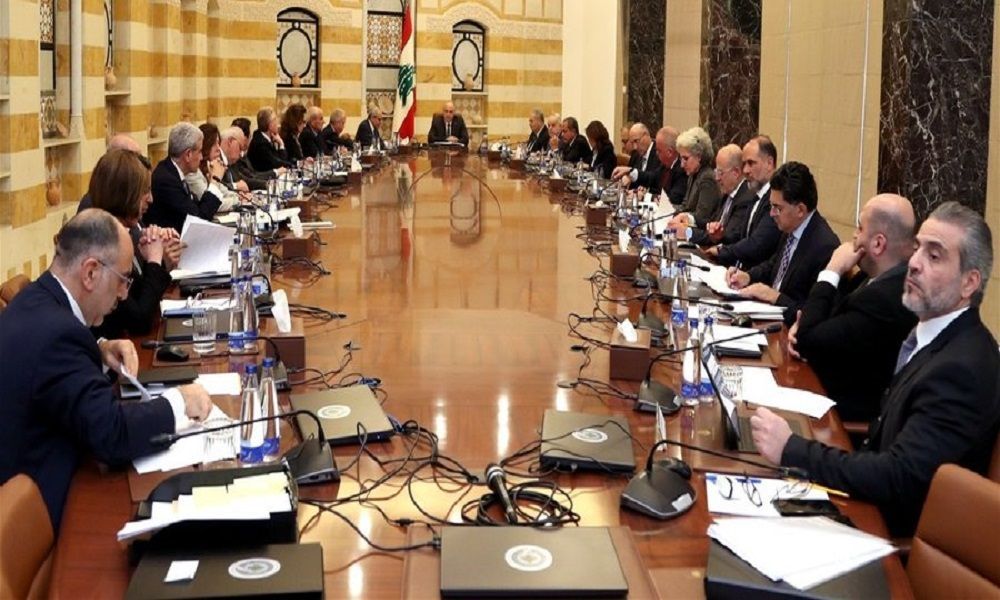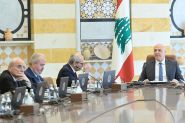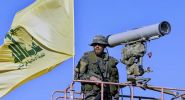
In a landmark session held on Monday at Baabda Palace, the Cabinet ended an eight-year stalemate by approving a sweeping reshuffle of diplomatic appointments, signaling what officials described as a return to institutional order within the Ministry of Foreign Affairs. Meeting since 10:30 AM, the Council of Ministers approved the full list of new ambassadors, a move hailed by ministry sources as a “complete” formation aimed at restoring professionalism and reducing political interference in the diplomatic corps.
The new appointments, overseen by Minister of Foreign of Affairs Youssef Rajji, were described by diplomatic sources as the result of a “calm, constructive and respectful” dialogue. Notably, the number of political appointments outside the ministry’s internal pool dropped from 14 to just 6. Rajji reportedly had the full backing of President Joseph Aoun, who gave him free rein to conduct the reshuffle in the best interests of the country. “Lebanon is entering a new phase,” Rajji wrote to the appointed ambassadors. “You must keep up the pace, so that we can live up to our responsibilities.”
Among the key ambassadorial posts filled:
- UAE: Tarek Mneimne
- France: Rabih Shaer
- USA: Nada Hamade Moawad
- UNESCO: Hind Darwiche
- Vatican: Fadi Assaf
- Turkey: Mounir Anouti
- Cyprus: Jean Mourad
- Geneva: Caroline Ziade
- Vienna: Cynthia Chidiac
- Kuwait: Ghadi Khoury
- South Korea: Wael Hachem
- Spain: Hani Shmaitelli
- Russia: Bashir Azzam
- Canada: Bashir Tawk
Also approved were new appointments within key state bodies: Nadim Haddad was named head of the Supervisory Commission of the National Social Security Fund (NSSF), while Judge John Kazzi was appointed president of the Court of Conflicts under the Ministry of Justice.
However, the Central Bank (BDL) file remains unresolved. According to political sources, Speaker of Parliament Nabih Berri continues to insist on maintaining Wassim Mansouri as interim governor and supports Zaher Hamade for the position of Financial Prosecutor, leaving the issue at a political impasse.
Beyond the diplomatic overhaul, the Cabinet session addressed several pressing national matters. A ministerial committee was formed to study proposed amendments to the electoral law, while the ceiling for housing loans was doubled, from $50,000 to $100,000 per beneficiary, to address urgent housing needs.
In a significant economic move, the government approved the establishment of an International Monetary Fund (IMF) office in Lebanon, aimed at strengthening ties with the institution amid the country’s financial crisis.
Security and foreign affairs also featured prominently. President Aoun and Prime Minister Nawaf Salam, who met before the session, both emphasized the need to shield Lebanon from escalating regional conflicts. “We must do everything possible to keep Lebanon out of conflicts to which it has no connection,” Aoun stated. Salam echoed this stance, warning of the dangers of being dragged into the current war in the region. He also reiterated his call to Palestinian President Mahmoud Abbas to implement long-standing decisions on disarmament of Palestinian factions in Lebanon.
For his side, Minister Rajji also briefed the Cabinet on the situation of hundreds of Lebanese citizens stranded at international airports amid disruptions in air traffic caused by the ongoing conflict between Iran and Israel. The Council reviewed a report by the Minister of Public Works on the status of Beirut’s airport operations.
Lastly, the government decided to revisit a proposal to establish a new ministry dedicated to technology and artificial intelligence.



Comments